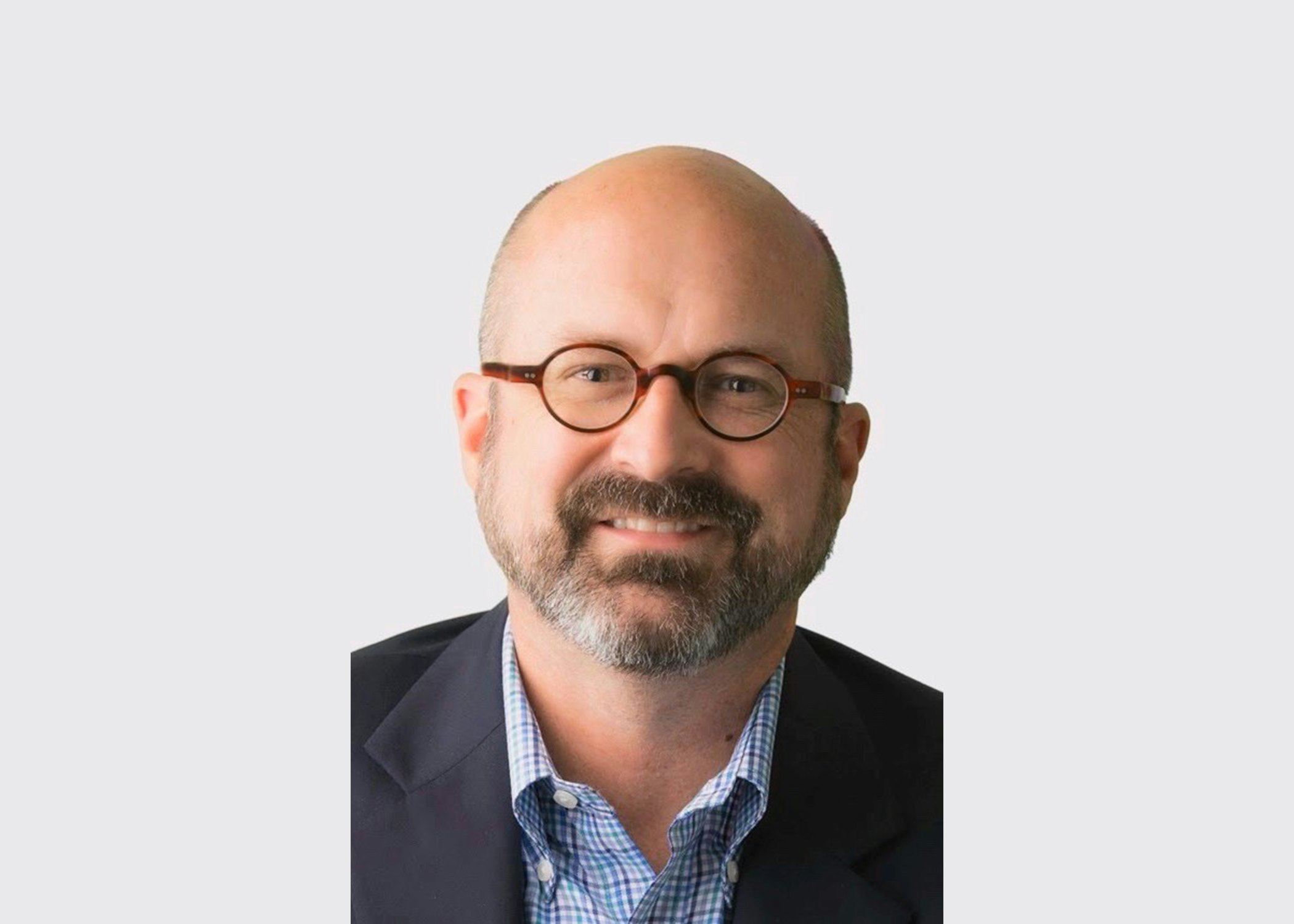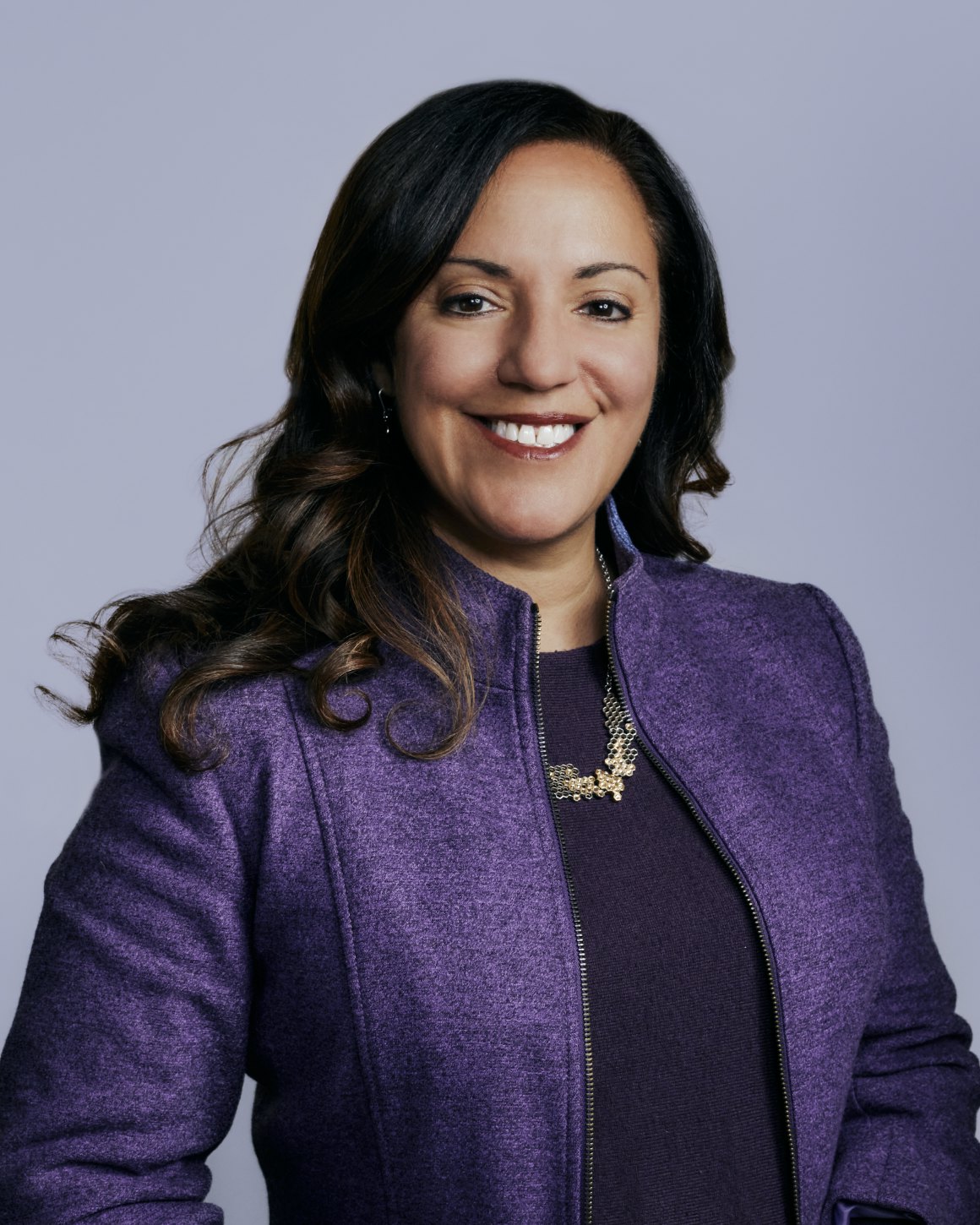Scott Milburn’s career reflects both the depth of his public service roots and the breadth of his curiosity. A former press secretary at the White House Office of Management and Budget, Milburn has navigated influential roles on Capitol Hill, in two gubernatorial administrations, at a major children’s hospital, within a leading industrial trade association, and in the college classroom. Across these varied arenas, a clear through line emerges: a commitment to public service and a fascination with how complex systems work – and how to explain them clearly. From his early fascination with Washington during a childhood spring break to mentoring the next generation of leaders as an Executive-in-Residence at Ohio University’s Voinovich School, Milburn has prioritized impact, embracing each chapter not as a rung on a career ladder but as a chance to serve, learn, and lead with integrity. We are grateful to Milburn for joining us this month for “Five Questions With…”
Q: You’ve had a fascinating career, working in multiple sectors, each demanding distinct skills. Is there a common thread that connects these experiences?
It is probably a wide-ranging curiosity. I was always curious about how complex things worked, especially government, so I liked learning about public issues. Later, explaining those complex things became an interest and it’s probably what brought me to communications. Also, I wanted to live and work in Washington since my family’s spring break trip in fifth grade and I still have the 50-plus rejection letters from D.C. jobs to which I applied after college. Eventually I got a chance to work in the Ohio Senate, and, at risk of sounding trite, I simply tried to do a good job in the job I had and hoped something would come of it. That approach worked and so I’ve tried to always practice it. I never had a specific career plan that I dogmatically followed, but I have been blessed with interesting opportunities and the chance to learn from smart people. I’ve tried to create those kinds of opportunities for others coming up the career ladder behind me and I hope I’ve done that.
Q: For young professionals navigating career choices, what key principles have guided your own path?
I struggled with this and I’m sure it showed when I was getting started, but what I worked out and what I teach college students is the importance of pursuing your passion so that your interests and values can help drive you to higher performance, because there’s simply no substitute for hard work done well. I also urge students to make sure they have a code and follow it, and to make sure it shows up both personally and professionally. We can’t be one person at home and another at work. We’ve got to be the same, consistent person, grounded in a set of values, hopefully a set that has service as a big part. And then I tell students to stay in touch with people they meet along the way and try not to be a jerk, because it’s a really, really small world. I have friendships from work that are now 30 years old in some cases, on all sides of the aisle and which are both personally and professionally valuable. Politics doesn’t have to be a career-long knife fight — it shouldn’t, in fact — and the successful people I’ve had the chance to watch actually approached it the completely opposite way.
Q: Can you tell us about your work as an Executive-in-Residence in the Voinovich School of Leadership and Public Service at your alma mater, Ohio University?
George Voinovich was mayor of Cleveland, Ohio governor and a U.S. Senator — among other jobs — and an Ohio University alumnus also. He was my commencement speaker, in fact, during his first year as governor. I worked for him in the Senate, just before coming to the White House, and a priority for him was improving how government was run by strengthening the abilities of the public workforce, to “do more with less,” as he said. Accordingly, that’s the School’s mission, to help current and future public employees, including elected officials, be fluent in best practices so they can better serve the public. Classroom instruction, small-group workshops and even virtual reality technology are all tools we use. I teach on an ad hoc basis, help manage different programs and serve as a sort of “brand ambassador.” I also have a consulting business and serve on the board of a refugee resettlement nonprofit, but the Voinovich School is a particular passion and especially worthwhile today, I think. I also love the classroom and the chance to carry on important work of a former boss.
Q: Looking back on your time at the White House, is there a moment or story that stands out as particularly memorable?
There were so many — sometimes in the same day — but it wasn’t Hurricane Katrina or GWOT supplemental budgets, it was becoming a parent. My wife and I grew our family by adoption and were far along in the process when I joined OMB. When interviewing with Josh Bolton, I let him know I may have to take off at the last minute to meet our new child and his response was so great that I remember it verbatim to this day. He said, “The President would be the first one to support you so I would be the last one to ever do otherwise. Let me know however I can help you.” I got a lump in my throat when he said that. It was such an awesome response. He went on to be one of our most enthusiastic supporters, and even after I left the White House and we adopted our second child he asked for regular updates. Andy Card wrote us a wonderful note when we brought our son home and everyone I worked with at OMB and the White House press team were so helpful and supportive. It made a very challenging time so much easier for us. I’m never going to forget that and I’m forever grateful.
Q: What leadership insights from your time in the administration remain most valuable to you today?
The White House was the largest organization in which I had worked until that point. Not counting the rest of the executive branch, the Senate and House are larger, of course, but you work for a single member and your universe is really only a few dozen people. And, I came from Ohio, which has a large and successful Republican organization with a healthy — sometimes too healthy — degree of competition among statewide officeholders and legislative groups. So, to see a group as large as our White House team all row the same direction, with little or no internal drama — at least from where I sat — was eye-opening to me. I had never seen it among so many people. The willingness to share information, be responsive, help colleagues, assume well-meaning intent — it all made a big impression on me.
Later, my wife and I decided to return to Ohio to raise our family, and I joined John Kasich’s first campaign for governor. Over two terms and his run for president, we enjoyed a similar one-team, one-goal ethic that I worked hard to help cultivate because I’d seen how important it was in the administration. And I think that unified team was part of what helped Governor Kasich successfully make some difficult but needed improvements. I think that whatever contributions I was able to make to him and to the team were shaped in a significant way by my time at the White House and seeing how much can be accomplished when people dial-down self for the greater good of a shared, worthwhile mission.



























